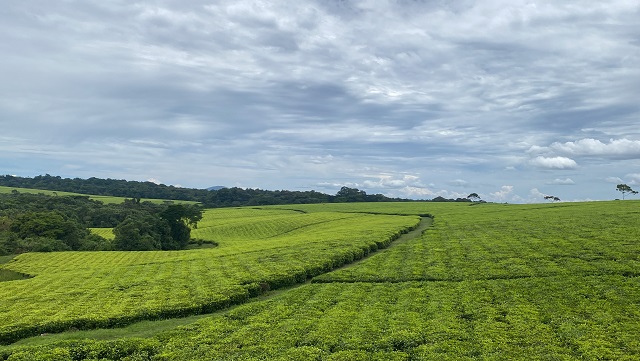
Kampala, Uganda | THE INDEPENDENT | Government has developed a Cabinet Paper that will establish a policy to resuscitate the tea growing business in Uganda, the Prime Minister, Robinah Nabbanja, has said.
“We have held four meetings so far to organize this cabinet paper so that government can come up with a rescue plan for our farmers,” she said during a plenary sitting held on Thursday, 16 November 2023.
Nabbanja said the price of Ugandan tea is low compared to other East African countries, because farmers do not apply fertilizers, something she said lowers the quality of tea.
While presenting farmers’ concerns on low prices of tea, Ephraim Biraaro (NRM, Buhweju West County) noted that by 2023, Uganda was receiving US$0.71 per kilogram at the auction market in Mombasa, compared to Rwanda’s US$3.15 and Kenya’s US$2.22 per kilogram.
“The situation in Uganda is as a result of lack of a tea policy and regulation of the industry. Government should immediate pay attention to the plight of tea farmers with regard to the price cuts at the garden,” Biraaro said.
He added that garden-to-factory prices had dropped from Shs700 per kilogram to Shs200 per kilogram.
Bushenyi District Woman MP, Annet Katusiime, said farmers are unable to afford the high prices of fertilizers and pesticides.
“There are also fake fertilizers on the market which are compromising the quality of our tea. Government should intervene on this,” she said.
Katusiime also called on government to temporarily lower electricity tariffs to enable tea processing factories effectively meet production expenses.
The Prime Minister said there are actions being taken to support tea farmers and the factories involved in processing tea.
“The cabinet paper we have drafted is a short term effort. In the medium term, government will come up with subsidies on fertilizers so that farmers can ensure high quality of the tea they are growing,” said the Prime Minister.
The Minister for Local Government, Raphael Magyezi, noted that the Shs200 paid to a farmer per kilogram of tea is shared with those plucking the tea, and thus disadvantages farmers in meeting costs.
He said that the policy in the offing will go a long way in improving the tea growing in the country.
“The President directed us on this and we are ready. The comprehensive paper will address issues of the farmers, the processors and other stakeholders. We shall come back to the House and explain the measures cabinet will prescribe,” Magyezi said.
****
SOURCE: Parliament of Uganda
 The Independent Uganda: You get the Truth we Pay the Price
The Independent Uganda: You get the Truth we Pay the Price




The farmers should benefit from tea growing.